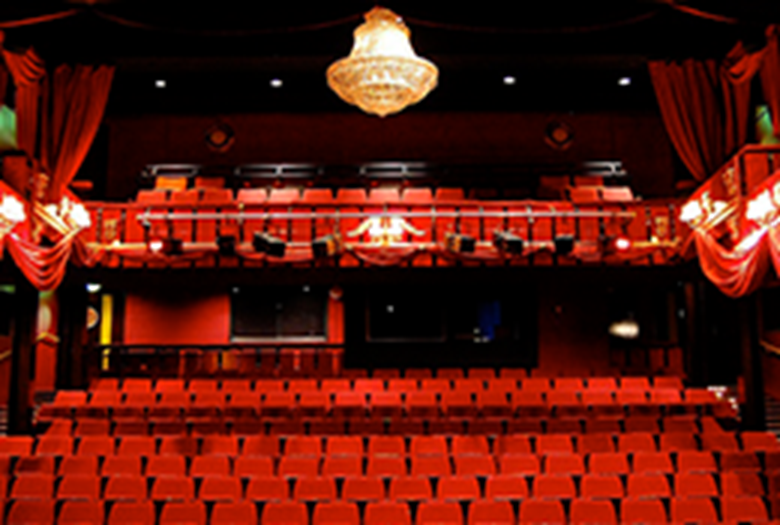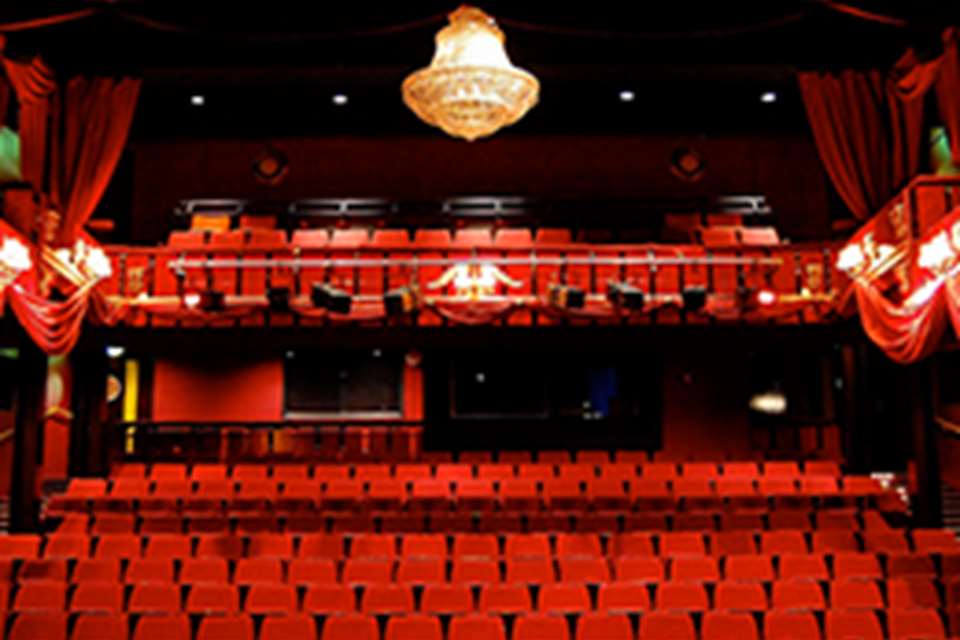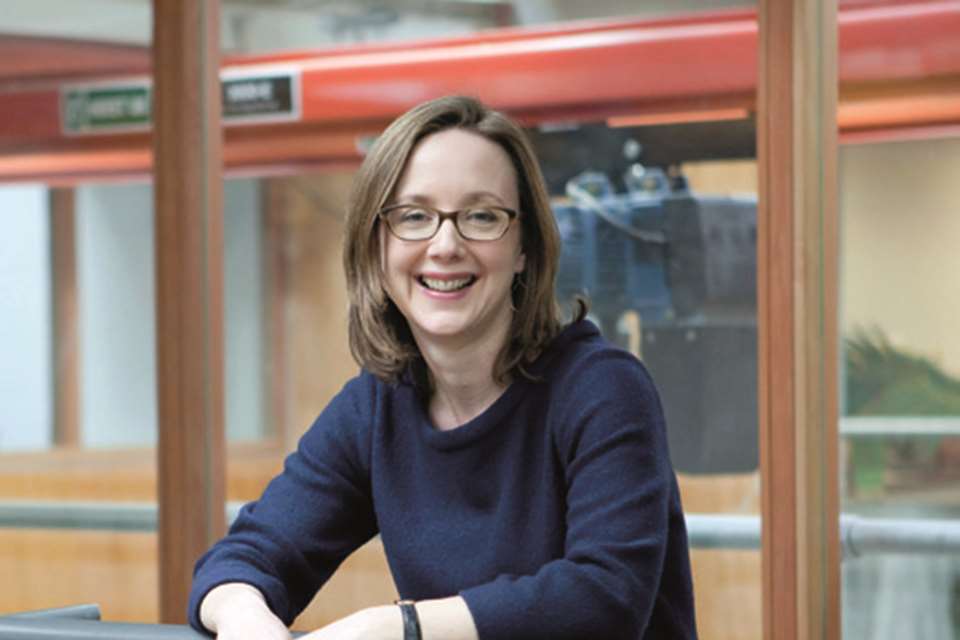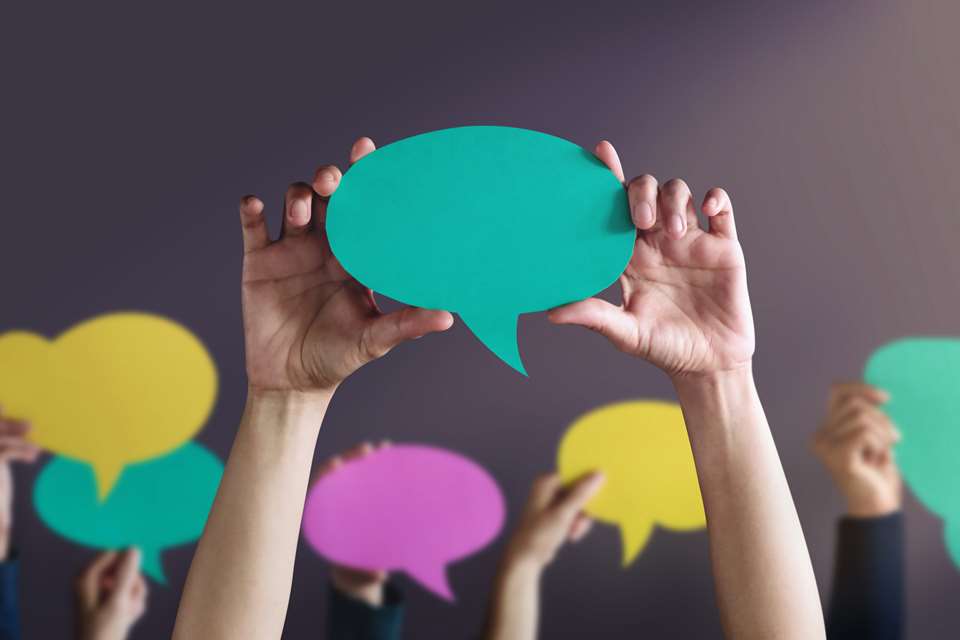Opinion with Beccy Thompson
Beccy Thompson
Friday, December 1, 2023
Retaining the performance arts in school: is AI the inadvertent answer?

It has been another bleak year for the numbers of students studying the performing arts in schools. In 2023 drama GCSE candidates dropped by 7%, performing and expressive arts by 17%. This ‘downgrading of the arts’ has occurred since the introduction of the EBacc and despite efforts to change ‘what counts’ towards it, the arts are not included. Undoubtedly, the figures are worrying and give only a glimpse into the experiential crisis faced by performing arts departments as they battle to keep their subject(s) alive.
So, can we reconcile this issue? The Arts in Schools: Foundations for the Future report does an excellent job of outlining the urgent need for a rethink. As educators though, there is little we can do immediately to alter the EBacc's impact on retaining student numbers at KS3 and 4. Yet, we can be ready to articulate the necessity of our subject(s) to the school curriculum and make the case to leaders in charge of timetabling and students’ exam option selection.
Common rhetoric around the performing arts’ importance in schooling often focuses on creativity they enable, collaboration they encourage and cultural capital they help to foster. These are worthy arguments, but they trouble (and are therefore ignored by) sceptics that call for so-called ‘evidence-based’ education geared towards ‘improving outcomes’. One reason for this is that the knowledge central to the performing arts is ephemeral.
The testing of facts or propositional knowledge on which assessments like GCSEs and consequently the EBacc rely, can be easily tested and documented or ‘evidenced’. This does not so neatly translate into the performing arts, which are routed in the generation and practise of procedural or practical knowledge. The performing arts can be assessed, but how and what is judged disrupts fixed notions of attainment which are the mainstay of ‘core’ subjects.
There might however be a solution: concerns raised about the impact rapidly evolving AI apps might have on the authenticity of students' knowledge, may inadvertently save performing arts. While ChatGPT or similar services might help students write scripts or essays, it cannot perform live for students (yet).
The liveness that has thus far warranted the dwindling status of the performing arts could in fact secure its future; after all, schooling is not just about formal exams outcomes, is it? Surely there is value in nurturing young people to be the best version of themselves, as human beings.





